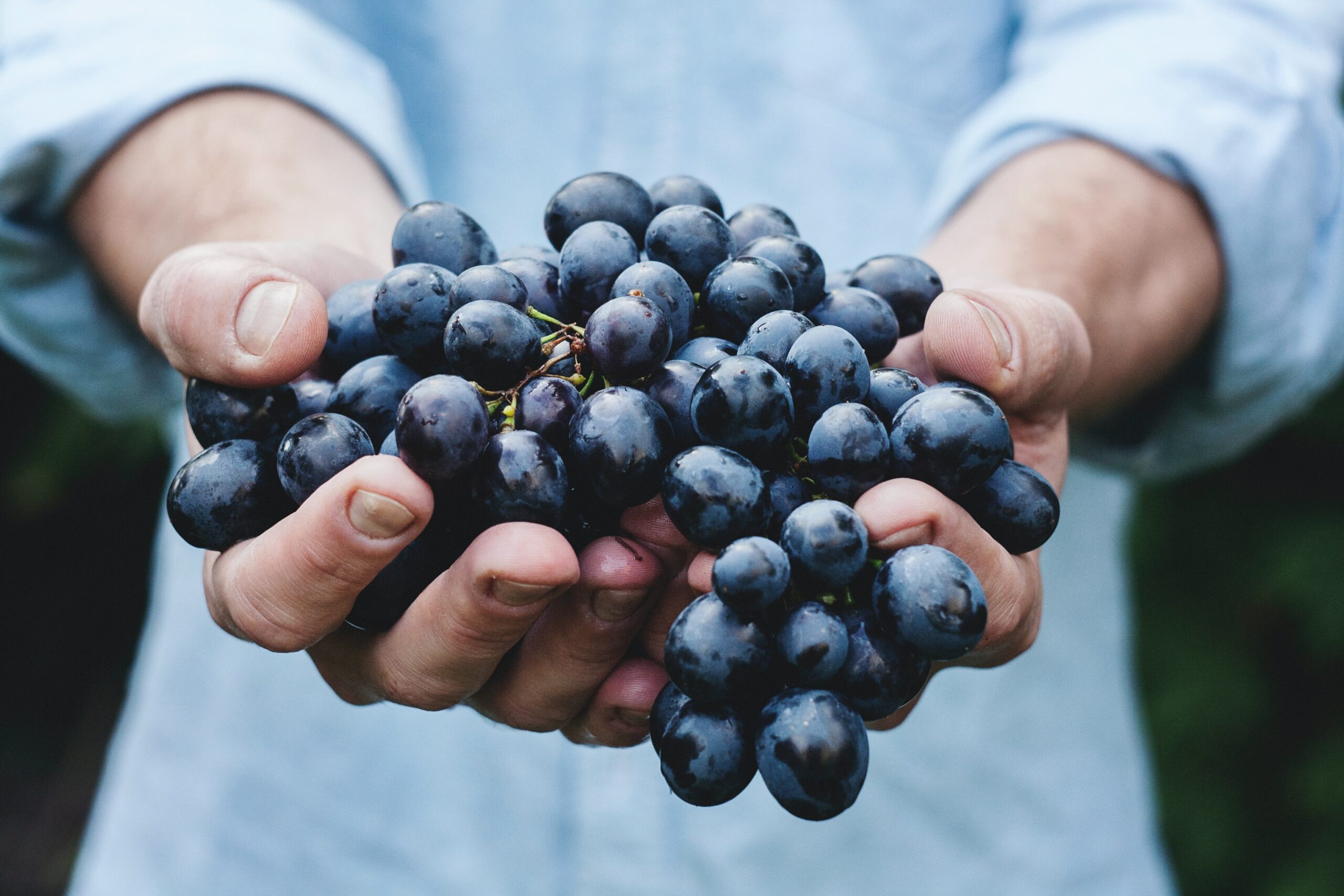Organic food certification is a process that ensures that food products are grown, processed, and handled according to specific standards. These standards, which vary by country, aim to promote sustainable agriculture and protect the environment. Organic agriculture is based on the principles of preserving biodiversity, fostering soil health, and using natural methods of pest control. It prohibits the use of synthetic pesticides and fertilizers, genetically modified organisms (GMOs), and irradiation.
To be certified organic, farmers and food processors must follow a set of rules and practices that are outlined in an organic production standard. These standards are developed by governments, private organizations, or a combination of both. To become certified, farmers and food processors must undergo a thorough review process, which includes an on-site inspection by a certifying body. This body verifies that the operation is in compliance with the organic production standard. If the operation meets the standard, it is granted organic certification.
Organic food certification is important for consumers because it provides assurance that the food they are purchasing meets certain standards for sustainability and environmental protection. It also helps farmers and food processors by providing a way to differentiate their products in the marketplace and command a higher price for them.
In many countries, organic food certification is voluntary, meaning that farmers and food processors can choose whether or not to participate. However, in some cases, certification may be required in order to label a product as organic or to sell it in certain markets.
There are several organizations that offer organic food certification, including government agencies and private organizations. Some of the most well-known organic certification bodies include the USDA National Organic Program in the United States, the Canadian Food Inspection Agency in Canada, and the Soil Association in the United Kingdom.
Organic food certification can be a lengthy and expensive process, but for many farmers and food processors, it is worth it to be able to offer consumers a product that meets high standards for sustainability and environmental protection.
There is a growing body of research that suggests that organic certification can be good for business.
One study, published in the Journal of Agricultural Economics, found that organic certification can lead to increased sales and profits for farmers. The study, which analyzed data from a survey of over 1,200 organic farmers in the United States, found that organic certification was associated with a significant increase in sales and profits.
Another study, published in the journal Environmental Science and Policy, found that organic certification can lead to higher prices for farmers. The study, which analyzed data from a survey of over 200 organic farmers in the United States, found that organic certification was associated with higher prices for several types of products, including vegetables, fruit, and dairy.
A third study, published in the journal Ecological Economics, found that organic certification can lead to increased efficiency and competitiveness for food processors. The study, which analyzed data from a survey of over 100 organic food processors in the United States, found that organic certification was associated with increased efficiency and competitiveness, as well as increased sales and profits.
Overall, these studies suggest that organic certification can be good for business, as it can lead to increased sales, profits, and competitiveness for farmers and food processors. But on top of that, businesses need to have a way to showcase their certification beyond formalities directly to the customer for it to really affect the business.
Gratitude can enable that. Gratitude enables businesses to become transparent by being powered by blockchain technology, with easy-to-use tools to record their supply chain, narrate the story, verify on blockchain and present the data in a beautiful landing page that can be issued via Gratitude’s QR Code or URL that can be placed on a physical product or embedded on digital marketing campaign. Customers can then simply scan the QR codes placed on the product or click the link on a digital campaign and clearly see the product’s journey, verify sustainability claims, or any supply chain data that the company wants to reveal to the customer.
Begin your business’ true transparency journey by implementing Gratitude to unlock the hidden value of your supply chain data. Talk to our representatives via the following channels for support or assistance in implementation:
Website : https://more-gratitude.com
Twitter : https://www.twitter.com/more_gratitude
Linkedin : https://www.linkedin.com/company/more-gratitude
Instagram : https://www.instagram.com/more_gratitude/
Facebook : https://www.facebook.com/followgratitude
Medium : https://www.medium.com/@more_gratitude
Sign up to our exclusive newsletter for special offers and latest industry insight :



